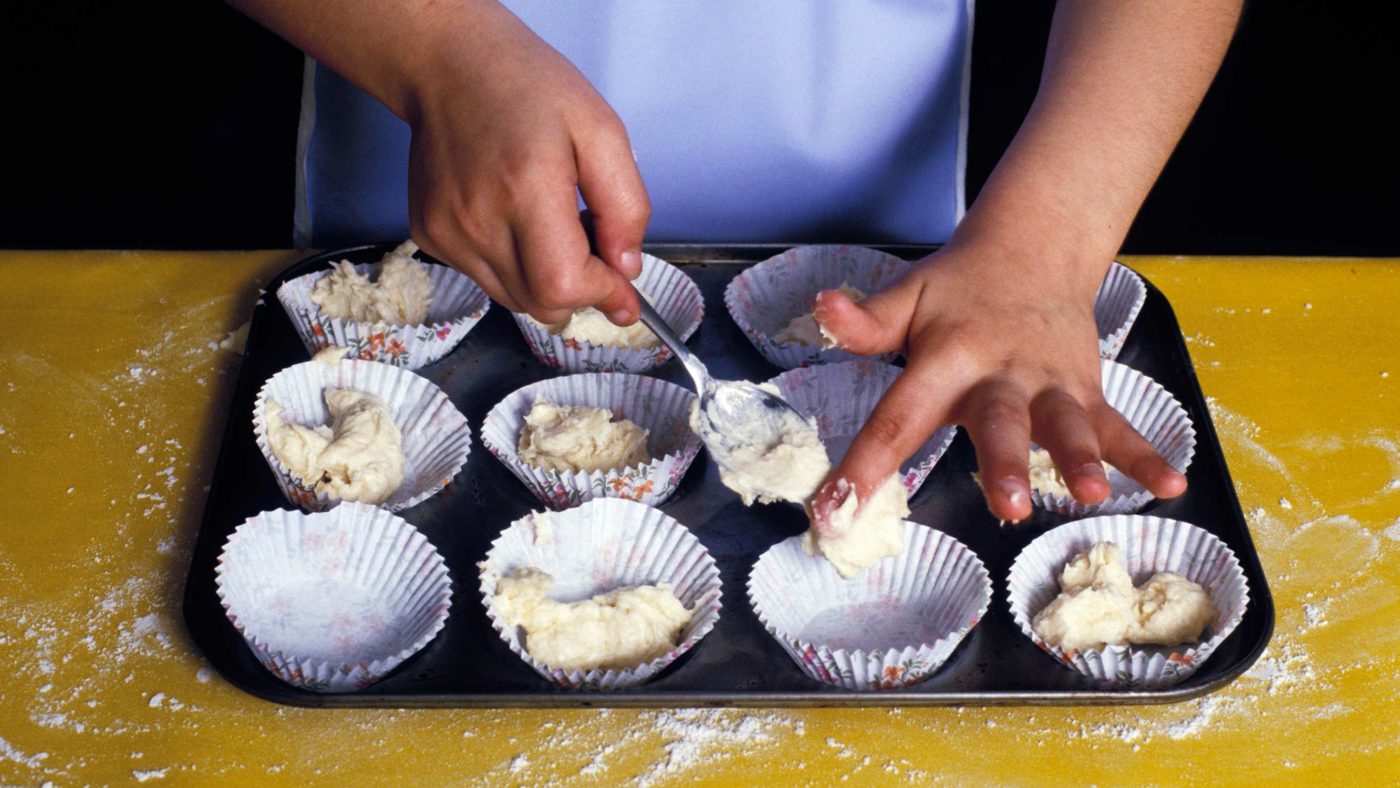Seal the tent! Somebody has just gobbled up the Great British Bake Off and all eyes are on that commissioning editor dabbing the corners of his mouth with the end of his novelty Countdown tie. It’s criminal, I tell you! Sue Perkins had barely turned her back on the show, sitting as it was in the middle of Auntie Beeb’s prize platter. The next moment: nothing left but crumbs and the sight of the unwelcome intruder from Channel 4. Somebody declare a national disaster!
Or, on the other hand, let’s declare a national sense of perspective…
If we can detach our love of cake from the hard logic of the BBC’s decision, there is an admirable calm about this week’s events that should be greeted with a frosting of something a little bit special. Where others set their teeth against the news as if it were some disappointingly flat sponge pudding, we should see this as a triumph for a newly confident BBC. By refusing to get drawn into a bidding war for one of its most popular shows, the BBC is finally following a recipe written down by a grown-up. This is not that realm of logic that decided that Gary Lineker is worth the license fees of 13,927 people or, in real terms, a town like Glossop, Letchworth, or Redhill. This recipe actually makes sense. It might even show that the BBC is redefining itself in a way that is loyal to its founding spirit.
It is to the Corporation’s credit that they did eventually fall £10 million short of retaining the rights to Marry Berry’s soggy bottom. It is an example of the BBC finally getting wise because, if the BBC wishes to survive as a publicly funded organization, it needs to define itself as something better than a state-funded outlet for Ant & Dec style celebrity whiz-bang banality. You might, of course, disagree with that vision of the BBC. There is, in this, one of those cruxes of modern political thought. How you feel about the BBC is a matter of which way your cookie crumbles. Do you believe in the rigid application of free market ideology or the more centrist and pragmatic approach that concedes that there is room for a model of public broadcasting able to withstand the pressures of the market? This is the difficult negotiation that the BBC has for too long tried to manage.
If the BBC wishes to see itself as a commercial broadcaster, paying the market rate for the ‘top stars’ (aka Claudia Winkleman), then its critics are right to say that it should do so without the support of the taxpayer. This is the basis of the often heard complaint that ‘I’m not paying for Chris Evans/Clare Balding/Graham Norton’ [delete where applicable]. If, however, the BBC wishes to be a broadcaster for the nation, then it must reign in its ambitions. It should not try to compete in a world where Keith Lemon is a comedy king and Joey Essex the new Clive James.
The BBC best retains its dignity and funding by defining itself as an ideal that transcends even its most popular shows. It needs to remember that what makes ‘British institutions’ like the Bake Off are neither the high wages of the presenters nor the highest production values. It is a quintessential charm, mixing oddity and wit with dedication and purpose. It is a hard-to-sum quality that reduces to some almost trite expression like ‘the best of Britain’.
We know it can work because that’s precisely what the BBC does offer when not trying to compete with ITV. The BBC should be defined by its originality, bravery, and a freedom to experiment in a way that’s sometimes frowned upon in the commercial sector. The BBC has a very blessed existence but with that comes a responsibility to choose the paths that are rarely trodden. When a path is trodden as often and derivatively as a baking show, the BBC must pause and consider if it should be in the game.
That does not mean, however, that it cannot (or should not) have an eye to its commercial operations. Nor should it direct all its resources to elitist broadcasting. It should be a point of origin for new formats, new stars, and new talent. The BBC has been Britain’s best finishing school for the arts, news, educational broadcasting, as well as comedy, light entertainment, and analysis. Productions such as the Bake Off should have been produced in-house, ensuring a show’s long term viability but also ensuring that the BBC enjoyed the profits for its innovation. The question we should be asking is: why doesn’t the BBC already own the Bake Off franchise?
The outcry about the loss (which isn’t really a loss, given it’s moving to another free-to-air broadcaster) also distracts from what’s quite telling about this announcement. The wording of the BBC’s statement is a challenge to Love Productions, the owners of the Bake Off, as well as to all independent producers who deal with the BBC. They speak about having ‘grown and nurtured’ the programme and it is the same tone that the show’s hosts, Sue Perkins and Mel Giedroyc, used when announcing their departure from the show. ‘We’re not going with the dough,’ they said in a statement. ‘The BBC nurtured the show from its infancy and helped give it its distinctive warmth and charm.’
That word ‘nurture’ is essentially what the BBC exists to do. It serves the interests of its shareholders by nurturing talent on behalf of the country. Should Love Productions decide that it wants no part of that, then they must also admit that they prefer the hard reality of commercial television to the kind of broadcasting that helps define a nation. Britain will still be Britain without The Great British Bake Off. It’s the show that will lose that special connection with the BBC that made it so very much part of us.


